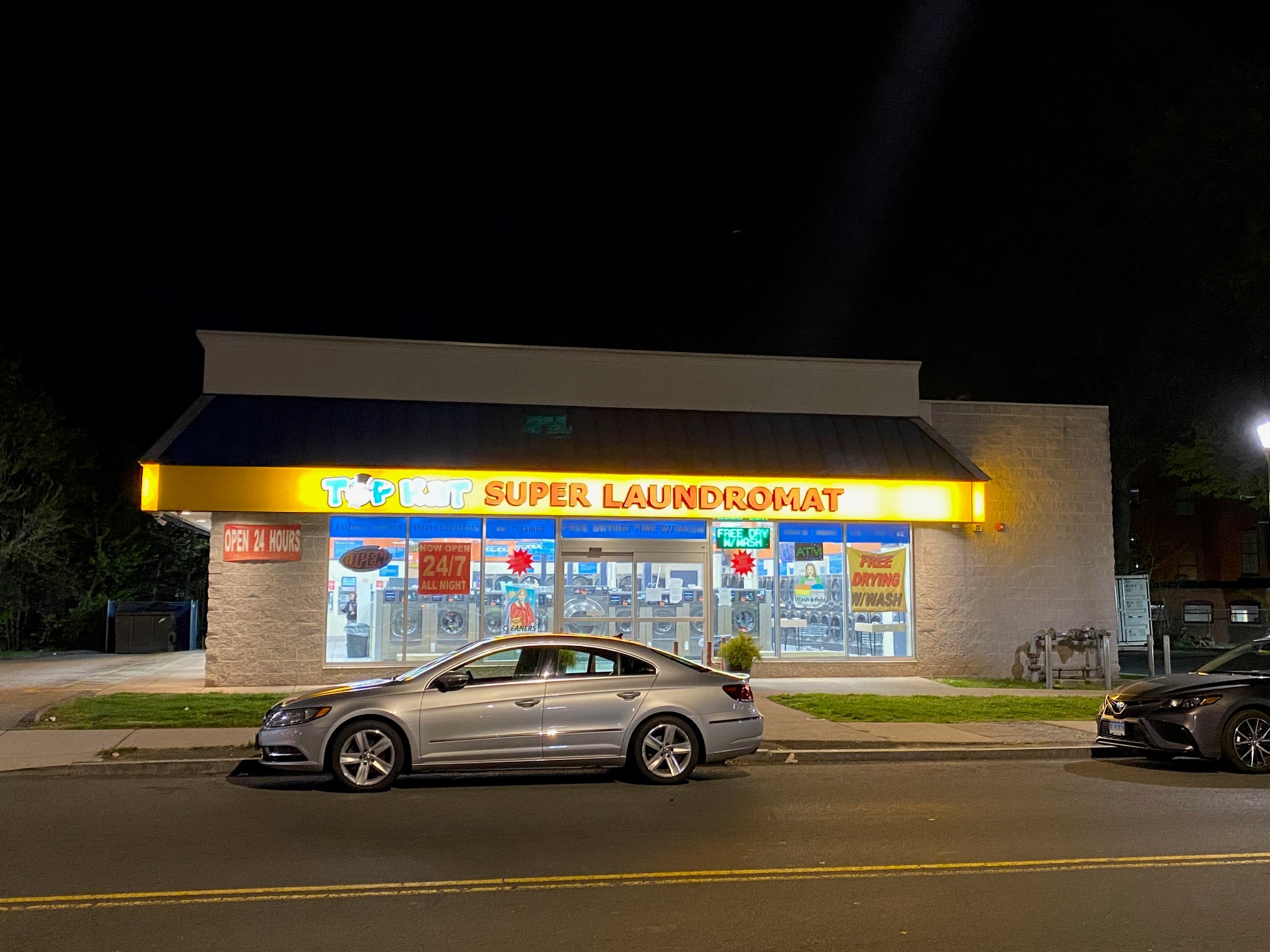A new report released by a New Haven-based education advocacy group concludes that the Department of Education hasn’t done enough to improve some of the state’s lowest performing schools.
ConnCAN examined the Commissioner’s Network of 16 schools in mainly poor, urban areas that serve primarily minority students. The network has been in the works since 2012.
“If we’re truly serious about turning around failing schools, we have to give them the tools needed to succeed,” said Jennifer Alexander, CEO of ConnCAN.
Alexander admitted there is limited data detailing the issues at schools in cities like Hartford, New Haven, Norwalk and Bridgeport.
However, she contends that the report is thorough and provides adequate and achievable solutions to get the schools on the right track.
The report provides examples of ways to meet the needs of students in their communities, like new flexibility measures for scheduling, staffing and curriculum. Alexander said state funds are only part of the solution.
“I think regardless of the amount of money we see put into the commissioner’s network, that needs to be paired with changes to the law so that schools actually have the conditions that they need to succeed and that the commissioner’s network lives up to its promise,” Alexander said.
Local
The state allocated $35 million to the Commissioner’s Network schools.
Kelly Donnelly, a spokesperson for the Department of Education, released the following statement defending the program from premature criticism:
"Each of the sixteen schools volunteered to be in this innovative network, extraordinary model of support, and unique work, which is the marker not of a failing school, but one on the rise. There is always room to get better and grow and we remain committed to improving our work until every child is on a path for success."
Donnelly added that the network is a partnership between the state and local education departments to get the schools on better paths.
Alexander said she wants the proposals for the schools to come from local stakeholders but added that eventually the state will have the final say on the future of the schools.
“State law sets the context for all of those schools to operate and what we’re talking about is changes to state policy that would allow those decisions to be made appropriately to fit the needs of the students at that particular school,” she said.



